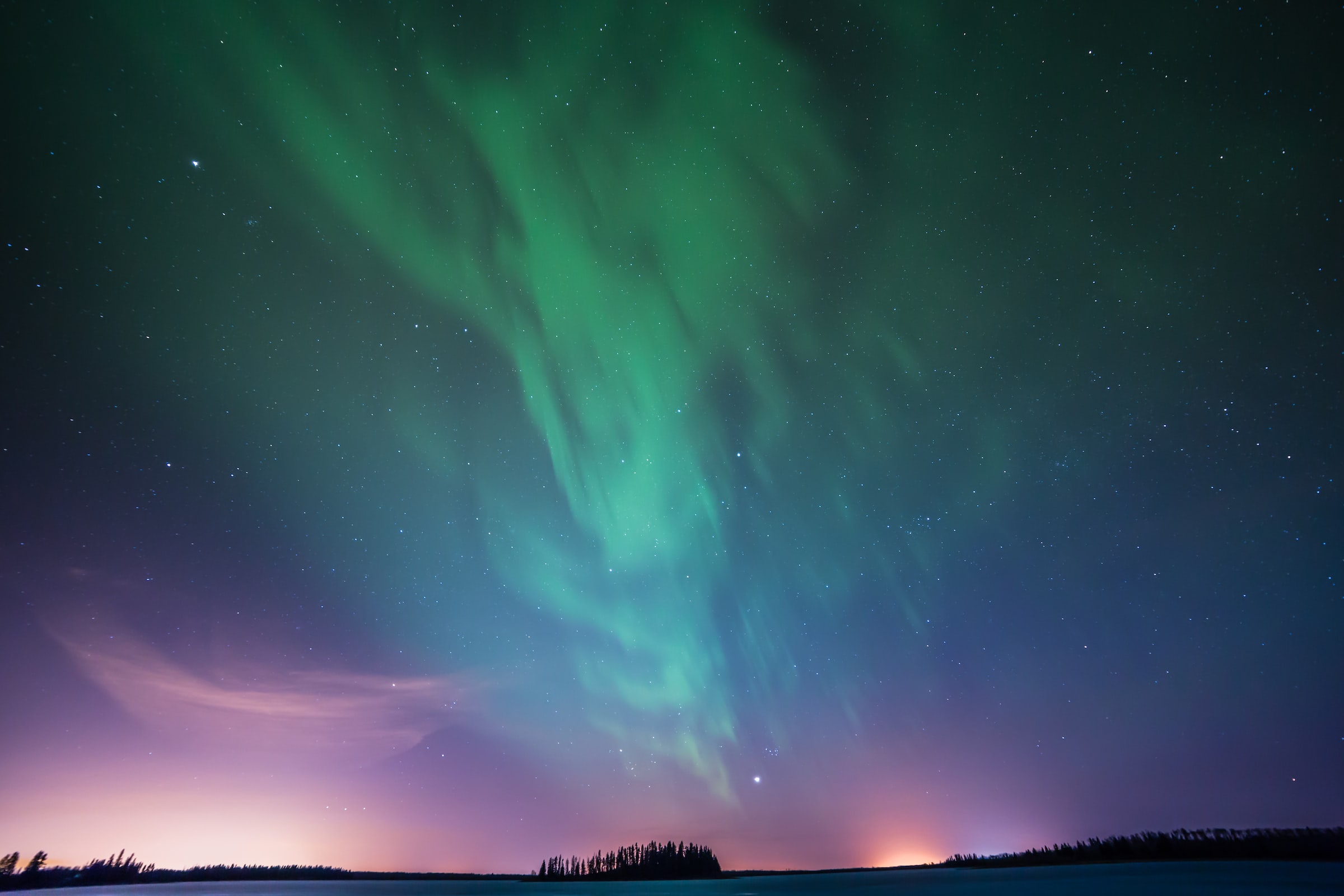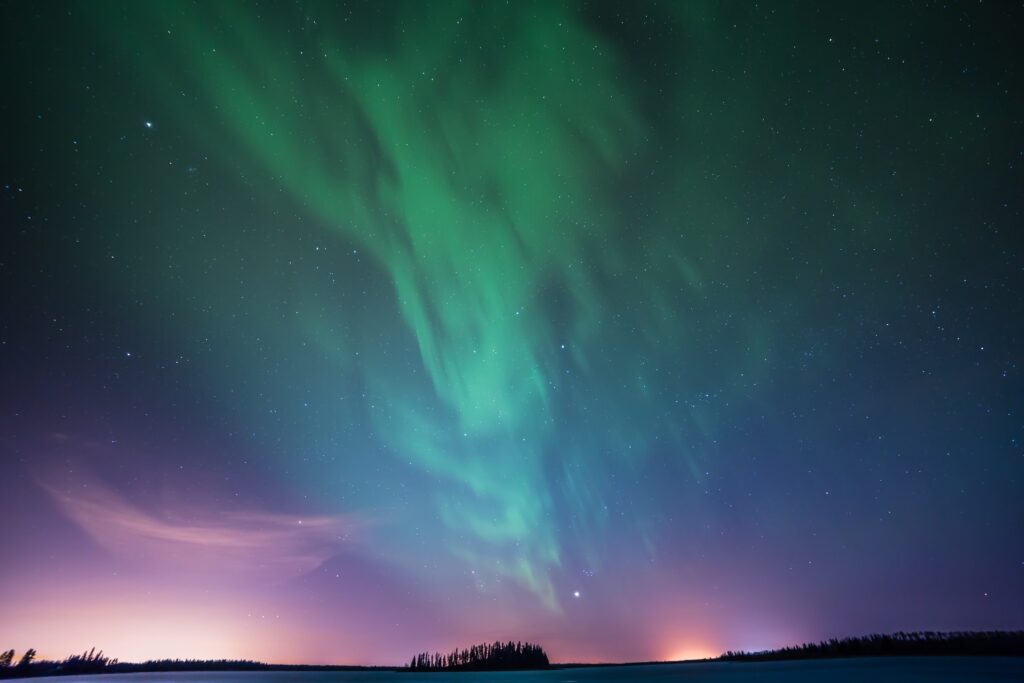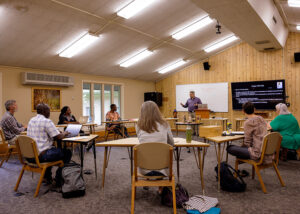Our shared home, planet Earth, is a miracle. I’ve known this intuitively since I was a child growing up under the expansive skies of the Saskatchewan prairies. Stunning sunsets, stars, aurora borealis, long winter nights and long summer days with brilliantly clear skies, thunderstorms rolling in from a distance. All of this was a source of awe and a confirmation of the Psalmist’s words: “The heavens are telling the glory of God” (Psalm 19:1).
Similarly, the soil was alive and fertile, providing us with both garden produce and field crops. The broad North and South Saskatchewan rivers defined the landscape and were a place of retreat for canoeing, fishing, swimming and wading. Campfires sparked our imaginations as stories and s’mores were shared in their warmth and light.
All the elements—air, earth, water and fire—nourished and shaped me and my life. I experienced these basic building blocks of life as miracles, as windows into God’s immanent presence and provision, and often reminders that I’m not in control! As an adult, my love for, and connection with, creation has deepened, and it has taught me many lessons about faith, life, and God’s immanent presence and activity in the world.
Mennonite Church Eastern Canada has a new Identity Statement that grew out of our Creative Imagination process. It names three common purposes, the third of which is to “Embody God’s reconciling ministry for all creation.” For long enough now, we have read Scripture as if God only cared about us as humans. It is time to consider how God’s shalom extends to all creation, and to seek God’s will on earth as it is in heaven.
We live in a time of multiple environmental crises. As North Americans, many of us have extracted, exploited, consumed and discarded without much real thought about the consequences to the land, water and air, let alone our plant and animal neighbours in the community of creation. We are being called as people of faith to listen to the cries of the Earth and to respond accordingly.
Eco-theology, eco-ministry, eco-mission—these are all terms that are relatively new, although threads can be traced throughout Christian history. The “eco” prefix comes from the Greek word oikos, meaning household, and reflects an ecological sense that we are all interconnected, we all share the same home. They are all ways people of faith are responding to the brokenness and injustices in our world. They are a commitment to shalom for all creation, not only for humans.
I am encouraged by examples of eco-ministry already happening across MC Eastern Canada: exploring outdoor worship, learning to know about their watershed and the fish in their rivers, studying together about the climate crisis, planting pollinator gardens, writing letters, installing solar panels or other eco-friendly retrofits, and more. Churches are feeling compelled by the love of Christ, firstborn of all creation, to respond to the multiple ecological crises of our day with love in action.
Wendy Janzen is MC Eastern Canada’s eco-minister and pastor of Burning Bush Forest Church in Kitchener, Ont. Originally published in the Fall 2022 issue of Sprout.
Read more From Our Leaders columns:
Only together can we heal
A new chapter?
A narrative of hope
Evangelism that heals
A season of Jubilee








Leave a Reply
You must be logged in to post a comment.